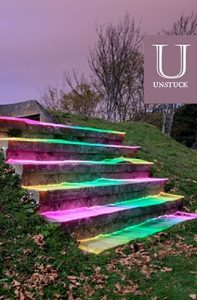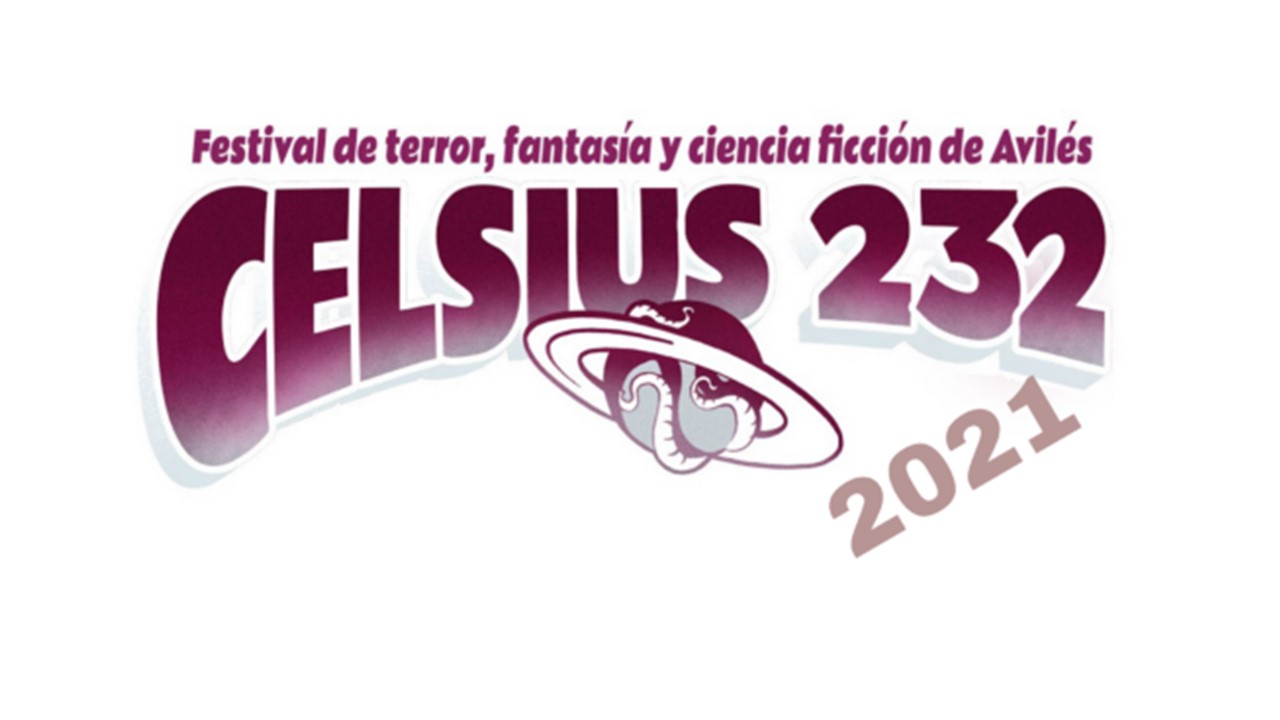Prior to the 1991 introduction of SoundScan, record stores self-reported what was moving off their shelves. That system, open to bias and shaky math, created rigid separation in sales charts that ensured you didn’t find country albums on the pop charts. But SoundScan’s precise, computerized measurement revealed an uncomfortable truth for the music industry: The album-oriented rock and radio-friendly pop that had dominated the charts was not the most popular music in the land. The top-selling album of 1991 wasn’t Nirvana’s “Nevermind.” It was Garth Brooks’ “Ropin’ the Wind.” The king of 1992 was—seriously—Billy Ray Cyrus’ “Some Gave All.” The country’s taste was much different than the music industry had imagined (or wanted to believe).

Something similar is happening in our current ebook revolution. Fantasy, mystery, science fiction, horror, romance both traditional and paranormal, et al. are no longer oddballs categories confined to genre ghettos. They accounted for 60% of ebooks sold in 2010 (a number that must be higher today). The literary fiction championed by higher education- and foundation-supported journals and cultural-canon makers like the New York Times Book Review and The New Yorker are, at least by sales, increasingly relocating to genre’s old address: the margins.
And yet, very few publications are responding to this shift. Their borders hold. You’d be hard-pressed to find genre work in mainstream publications outside of (very) occasional genre-themed issues (such as Granta’s Fall 2011 horror issue that featured Paul Auster, Don DeLillo, and Stephen King—only one of whom, despite Auster and DeLillo’s substantial accomplishments, writes horror). By the same token, genre publications aren’t embracing fellow-traveling literary fiction authors. Despite a rising trend of respected literary fiction authors writing genre—starting with Cormac McCarthy (who, in my mental library, has been writing horror novels since 1985’s “Blood Meridian”), then Michael Chabon and Jonathan Lethem, most recently Colson Whitehead with his zombie apocalypse novel “Zone One”—our current inflection point is invisible in most literary journals and genre magazines. But a new publication is attempting to change that: Unstuck.
Unstuck is an annual publication that “[emphasizes] literary fiction with elements of the fantastic, the futuristic, or the surreal,” according to its website. Which means you’ll find “everything from straight-up science fiction and fantasy to domestic realism with a twist of the improbable.” (Full Disclosure: I have submitted short stories to Unstuck, but have not been accepted. I expect to submit again in the future.)
If you’re inclined to judge a book by its cover, Unstuck looks like a traditional literary journal: a bit bigger than a trade paperback, quality paper, photography on its cover, impressionistic drawings before each story. There’s even poetry. It bends the shelves like a journal, too. The latest issue, number 2, is over 500 pages. And yet the content isn’t the fusty, realist writing the phrase “literary journal” might conjure. I haven’t waded into issue 2 yet, but issue 1 is packed with excellent, genre-straddling stories, including:
- Matthew Vollmer’s “The Ones You Want to Keep” tackles a fairly standard literary fiction premise: a man whose wife drowned on their honeymoon grappling with that still-present love while trying to succeed in his current relationship. Rather than being troubled by the memory of his dead wife, though, the main character, Ted, is literally haunted by her soggy, waterlogged corpse, a body that he’s still inexorably attracted to. It’s a story about a man carrying on an affair with his dead wife behind the back of his new, living girlfriend. While it’s horrific in places—how can sex with the cold, damp, decaying dead be anything else?—it’s rooted in Ted’s emotional and psychological struggles (though it is, unquestionable, supernatural and horrifying).
- “The Cottage on the Hill,” by J. Robert Lennon. This uncanny puzzle box traces the life of Richard, a man who can’t maintain a relationship with anyone close to him. The most constant element of his life is an odd vacation cottage he’s stayed in both with family and without. While nothing overtly supernatural occurs, something is happening. Everyone who has been at the cottage with him has traumatic memories of the place—possibly of him doing monstrous things—and yet he doesn’t seem to know what they’re talking about, and the cottage is physically different every time he visits. It’s a quiet story, as much about the vagaries of parenting and relationships and memory as anything else, but it’s suffused with dread (and called to mind Madeline Yale Wynne’s The Little Room, a terrific 1895 weird tale—published in Harper’s! Ironclad genre boundaries haven’t always been thus—about a disappearing room).
- “The Dobbs House,” by Randy Schaub, helps Unstuck mark out its territory by virtue of its setting: the house of a serial killer that’s been transformed into a museum. While it’s not a horror story, even though it takes place in the house and the protagonist is the grandson of said killer, it’s also not the kind of story you’re apt to find in, say, Tri-Quarterly. Too lurid for literary fiction, too subtle and unbloody for horror, it wouldn’t fit many places, but it’s a worthy, atmospheric tale.
- Lastly, Meghan McCarron’s “Six Flags” offers a heart-rending example of applying literary fiction approaches to genre concepts. The story begins: “After the children’s plague, the ghosts overran the living. Grieving parents were haunted by children who beat each other to a pulp, children who squatted and shat on the floor, children who set furniture on fire. The ghosts could not see or hear their parents, but they retained the ability to sob, ‘Mommy!'” As with many of the stories in Unstuck #1, McCarron’s task isn’t to horrify us as much as to devastate us emotionally, to use genre tools to attack questions about loss and grief, faith and parenting, work. It’s a memorable and affecting piece of fiction.
Unstuck isn’t the only magazine heading in this direction, nor is it the first. But it’s one of the newest and most exciting. Not every story succeeds and not every writer who ventures into this territory can fuse literary fiction and genre as artfully as these four. Achieving the right balance between those elements isn’t a simple proposition. But the rise of publications staking out this territory, and of writers willing to take up residence there, promises more, and hopefully greater, genre-hybrid stories and magazines in our future.









